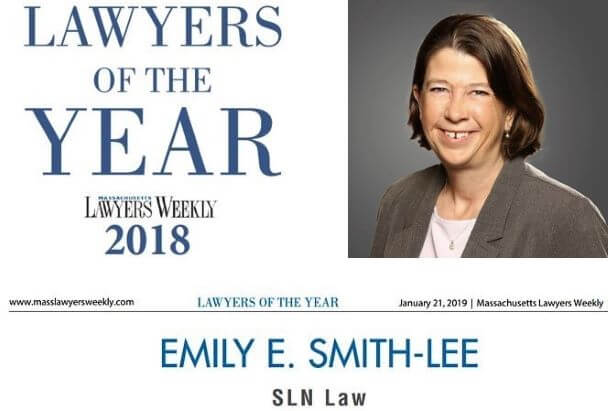Estate Planning Frequently Asked Questions
|
There are many things that can feel overwhelming about getting started on an estate plan, or what legal steps you need to take when a loved one dies. One of these is not knowing even what questions to ask. Below are some frequently asked questions with links to answers about wills and trusts, provisions for children, asset protection and other legal issues and estate planning topics.
We hope this helps get you started in thinking about the plan that makes the most sense for you and your family. |
We're Here to Help.OR
|
Wills and Trusts
- Can I make a will without a lawyer?
- What are the risks of a do-it-yourself will?
- Should I use an online will service?
- How can I change my will?
- What is the difference between a will and a trust?
- Does a will mean I can avoid probate?
- Why do you need a will if you have a trust?
- What is a personal representative?
- Is a personal representative the same as an executor?
- What are the basic elements of a good estate plan?
- Is my estate plan private?
- What do I need to consider if my family situation is not "typical"?
- How can I leave assets to a special needs child without them losing benefits?
- Do I need to change my will after a divorce?
- Can you disinherit a child?
- Can you disinherit a spouse?
- What happens if you die without a will?
- What estate planning documents do I need?
- Can I choose who gets my assets without a will?
- Can I provide for a pet in my estate plan?
- How often should I review my estate plan?
- How do I know if I or a relative has the legal capacity to make or change a will?
- What is the difference between a revocable trust and an irrevocable trust?
- Is there a required inheritance for a surviving spouse in Massachusetts?
Planning for Your Own Illness or Incapacity
- How can I protect assets from the costs of assisted living?
- What is Medicaid Planning?
- What is a life estate?
- How is a life estate different from a living trust?
- Can a life estate be changed?
- Does Massachusetts law recognize a living will?
- How does a health care proxy work?
- How does a durable power of attorney work?
- Does a durable power of attorney allow someone to make medical decisions for me?
Estate Tax and Inheritance Tax
Need Help Understanding The Basics of Estate Planning?
We have a FREE online workshop with one of our experienced estate planning attorneys to help give you the answers you need to get started on your road to peace of mind.
Meet Our Estate Planning and Probate Lawyers

Emily Smith-Lee is the owner and founder of slnlaw. She is a 1996 graduate of Boston College Law School. She was previously a partner at the Boston office of a large international firm, where she worked for thirteen years before starting the firm that became slnlaw in 2009. She has been recognized as Massachusetts Superlawyer each year since 2013, and in 2018 earned recognition as one of Massachusetts Lawyers Weekly's Lawyers of the Year.

Jenna Ordway: Jenna is a 2013 graduate of Quinnipiac Law School, and also earned an LLM in Taxation from Boston University in 2015. She has been affiliated with slnlaw since 2011, first as a law clerk and then as an attorney. Jenna has been recognized since 2019 as a "Rising Star" by Massachusetts Superlawyers. Jenna wrote a book on estate planning: The Road to Peace of Mind: What You Need to Know About Estate Planning. Jenna has helped many individuals and families with planning to protect their legacies and loved ones, and planning for the future and succession of their businesses.

Sharleen Tinnin: Sharleen is a 2010 graduate of Northeastern University School of Law, and earned her LLM in estate planning from Western New England Scool of Law in 2016. She has been with slnlaw since 2023. Prior to joining slnlaw, she worked with King, Tilden, McEttrick & Brink, P.C. on complex civil litigation matters. She previously worked for the United States Department of Justice, and received an "Excellence in Justice" award in 2017. Sharleen has helped many clients with planning for their legacies and their future, and navigating the probate process in Massachusetts after the death of a loved one.
How We Can Help
Our experienced estate planning team can help assess your situation and help you put together a plan that meets your goals, protects your legacy, and gives you peace of mind. You can use the button below to schedule a free information call with a member of our team and learn how to get started, or simply give us a call at (781) 784-2322.
|
Jenna Ordway
Rated by Super Lawyers loading ... |
Emily Smith-Lee Rated by Super Lawyers loading ... |



